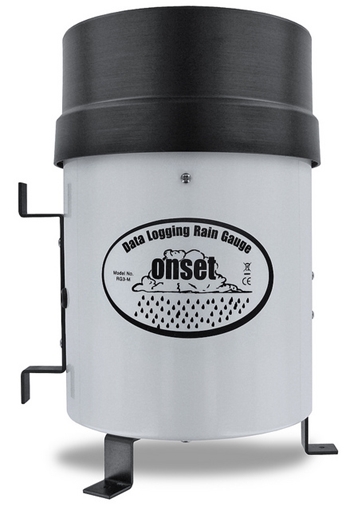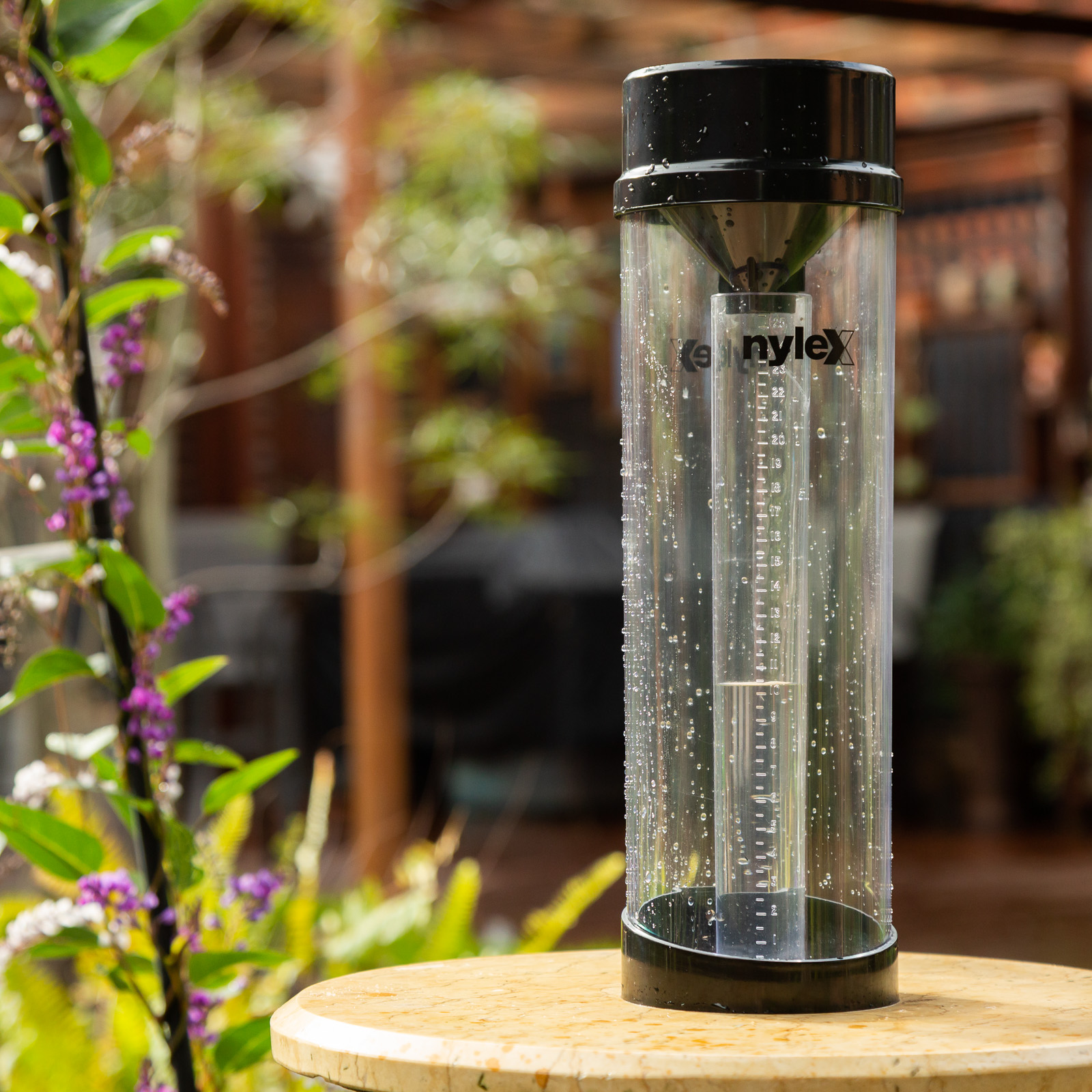Compare the Leading Rain Gauge Designs for Accurate and Constant Readings
Compare the Leading Rain Gauge Designs for Accurate and Constant Readings
Blog Article
Unveiling the Science Behind Rainfall Gauges: Exactly How These Instruments Play a Critical Role in Climate Study and Environmental Monitoring
Rainfall determines, seemingly basic tools, hold an extensive value in the world of climate research study and ecological monitoring. As we peel off back the layers of this clinical shroud surrounding rainfall gauges, we uncover a world where accuracy, information accuracy, and careful observation merge to introduce a much deeper understanding of our altering environment and its effect on the planet.
Importance of Rainfall Scales
Rainfall determines play a vital function in monitoring and measuring rainfall levels, providing essential information for climate research and evaluation. These devices are essential in measuring the quantity of rains that takes place in a specific location over a particular duration. By accumulating and gauging rain, rainfall assesses offer useful insights right into the circulation and strength of precipitation, helping meteorologists, hydrologists, and climatologists in understanding weather condition patterns and patterns.
One of the essential reasons that rain determines are critical is their capability to give localized and accurate data. Unlike satellite or radar-based dimensions, which offer wider monitorings, rain evaluates offer precise information certain to the area where they are put. This localized data is important for numerous applications, including flooding forecasting, drought surveillance, and water resource administration. In addition, lasting information collected from rainfall evaluates assists in examining climate change influences and patterns, contributing substantially to clinical research and decision-making procedures. Essentially, rainfall gauges act as important devices in the field of weather forecasting and ecological scientific research, playing an essential function in progressing our understanding of weather and climate dynamics.
Kinds Of Rain Gauges

Functionality and Operation
In the realm of environment study and meteorological research studies, the effectiveness of rainfall determines depend on their elaborate functionality and precise functional systems. Rain gauges are made to properly determine the amount of rainfall that tips over a particular location throughout a set duration. These devices typically contain a funnel that collects rain and channels it right into a gauging tube. The measuring tube is noted with calibrated measurements that permit the accurate metrology of rainfall.
The functionality of rainfall gauges is based upon the principle of my site gauging and accumulating rain in a standard manner. This accumulated data is vital for understanding neighborhood weather patterns, tracking long-lasting climate trends, and assessing environmental influences. To ensure precise dimensions, rainfall evaluates requirement to be purposefully placed in open areas far from blockages such as structures or trees that could hinder the collection procedure.
The functional aspect of rain evaluates entails normal upkeep to stop debris build-up, calibration checks to preserve dimension precision, and information recording for analysis (rain gauge). In general, the functionality and operation of rain evaluates are important for gathering trustworthy rainfall information essential to environment study and ecological surveillance
Duty in Environment Study
Offered the critical importance of accurate rainfall dimensions in recognizing climate patterns and ecological influences, the duty of rainfall assesses in climate research study is essential. Rain gauges provide important data for environment research study by quantifying the quantity of precipitation that tips over a particular area during a given duration. This data is critical for monitoring lasting trends in precipitation patterns, evaluating the impact of climate adjustment on rainfall distribution, and improving environment designs.

Environment researchers make use of data accumulated from rain determines to examine variations in rainfall degrees, determine local climate fads, and assess the performance of water resource monitoring techniques. By contrasting historical rainfall data with present measurements, researchers can detect changes in rainfall patterns, such as modifications in the regularity or intensity of rainfall occasions. This info is crucial for recognizing how climate adjustment is influencing rainfall characteristics and can aid policymakers make informed decisions regarding adaptation and reduction approaches.
Applications in Environmental Tracking

In flood projecting, rainfall scale information aids to track rainfall intensity and circulation, allowing authorities to provide prompt warnings and take essential actions to alleviate flood threats (rain gauge). Dry spell surveillance relies upon rain scale data to evaluate moisture degrees in the soil and track rainfall shortages, aiding in the recognition i thought about this of drought-prone locations and the implementation of dry spell feedback strategies
In addition, rain scale information plays an important duty in water resource monitoring by supplying info on water schedule and use trends. This data is used to make educated decisions pertaining to water allotment, preservation steps, Full Article and lasting water resource preparation. Additionally, in farming, rain scale data helps farmers in optimizing irrigation timetables, crop option, and general ranch administration techniques based on neighborhood precipitation patterns. Generally, rain assesses are vital devices in ecological surveillance, providing beneficial understandings that add to notified decision-making and lasting resource administration.
Conclusion
In final thought, rainfall gauges are necessary devices for gauging rainfall, supplying beneficial data for environment study and ecological surveillance. With different kinds and capabilities, rainfall determines play a crucial role in understanding rainfall patterns and their influence on the atmosphere. By accurately measuring rains, these tools add to the improvement of scientific knowledge and help in making educated choices pertaining to water resource monitoring and calamity preparedness.
Rain determines play an indispensable duty in surveillance and determining precipitation degrees, supplying important data for environment research study and analysis. The typical rainfall gauge, recognized as the "tipping container" scale, is one of the most frequently utilized tools. Ultrasonic rainfall gauges usage noise waves to detect the visibility of rain, giving real-time information on precipitation degrees.Climate scientists utilize information collected from rainfall evaluates to assess variations in rainfall levels, recognize regional environment trends, and examine the effectiveness of water source management methods.In conclusion, rainfall assesses are necessary tools for gauging precipitation, supplying beneficial data for environment research and ecological monitoring.
Report this page